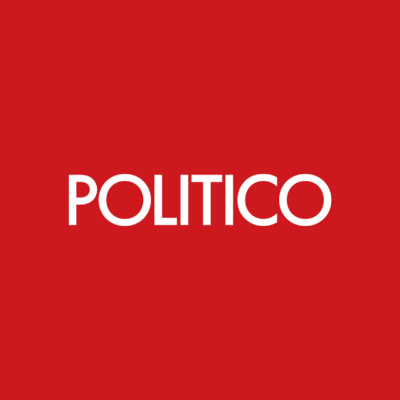If the Supreme Court Bans Affirmative Action, We Know What Will Happen
- Bias Rating
- Reliability
N/AN/A
- Policy Leaning
10% Center
- Politician Portrayal
-64% Negative
Continue For Free
Create your free account to see the in-depth bias analytics and more.
By creating an account, you agree to our Terms and Privacy Policy, and subscribe to email updates.
Log In
Log in to your account to see the in-depth bias analytics and more.
Bias Score Analysis
The A.I. bias rating includes policy and politician portrayal leanings based on the author’s tone found in the article using machine learning. Bias scores are on a scale of -100% to 100% with higher negative scores being more liberal and higher positive scores being more conservative, and 0% being neutral.
Sentiments
N/A
- Liberal
- Conservative
| Sentence | Sentiment | Bias |
|---|---|---|
Unlock this feature by upgrading to the Pro plan. | ||
Reliability Score Analysis
Policy Leaning Analysis
Politician Portrayal Analysis
Bias Meter
Extremely
Liberal
Very
Liberal
Moderately
Liberal
Somewhat Liberal
Center
Somewhat Conservative
Moderately
Conservative
Very
Conservative
Extremely
Conservative
-100%
Liberal
100%
Conservative

Contributing sentiments towards policy:
54% : But while the impact of a nationwide ban on affirmative action would affect a relatively small number of colleges and universities, it is also important to note that these are generally the country's most selective, elite and well-known institutions -- often producing the next generation of leaders in business, government and non-profit organizations.53% : There is no comprehensive list of exactly which colleges and universities in the country use affirmative action in their admissions programs.
50% : Private colleges and universities, even in those states that have affirmative action bans, have been able to continue to use race-based criteria in their admissions policies.
50% : While the effect of a ruling banning the use of race and ethnicity in college admissions will likely differ from institution to institution, it is inevitable that the enrollment of Black and Hispanic students -- who have been the largest beneficiaries of affirmative action -- will decline at these institutions.
49% : In addition, according to a report from the National Association for College Admission Counseling, over 80 percent of institutions accept at least half of the undergraduate applicants who apply, meaning that they are relatively unselective in admissions and are unlikely to be using affirmative action in major ways to shape their classes.
46% : It is important to note that a Supreme Court ban on the use of affirmative action in higher education admissions will have little to no effect at the majority of colleges and universities.
45% : California was the first state to implement a ban on affirmative action in college and university admissions with the passage of Proposition 209 in 1996.
44% : I've seen firsthand what happens in states where affirmative action has already been outlawed.
41% : Similar drops were seen in the enrollment of Hispanic students, from an annual average of 16.3 percent before affirmative action was outlawed, to 9.4 percent after its ban.
*Our bias meter rating uses data science including sentiment analysis, machine learning and our proprietary algorithm for determining biases in news articles. Bias scores are on a scale of -100% to 100% with higher negative scores being more liberal and higher positive scores being more conservative, and 0% being neutral. The rating is an independent analysis and is not affiliated nor sponsored by the news source or any other organization.




























 POLITICO
POLITICO